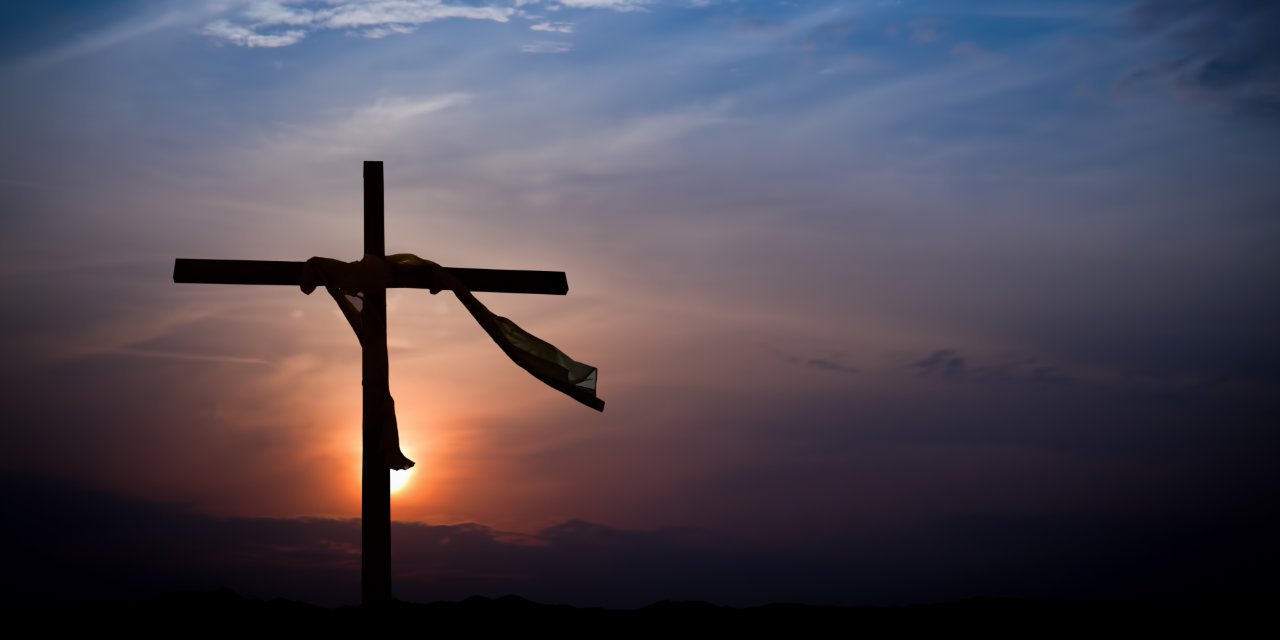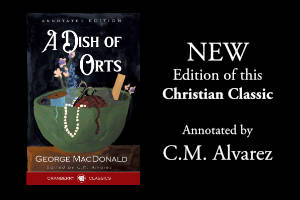Is Easter pagan? You will see that claim come up. Sometimes it is made by skeptics. Sometimes it is made by people focusing on what they consider “Hebraisms” rather than the fulfillment that Jesus is of the promises represented by the Jewish feasts. Sometimes, like what I am going to discuss in this post, it is made by people who have a very poor understanding of church history.
One such example of this is an article from One for Israel titled “Why are Passover and Easter Celebrated at Different Time?” published in 2016. I usually love the ONE FOR ISRAEL Ministry articles but I am very disappointed in this one. There is a lot of misinformation in this.
It quotes the section of the determination of the Council of Nicea on how Easter should be calculated and why they needed to come to an agreement. This is the writer’s response.
From the article:
If these words are not shocking to you, they should be! The Nicean Council decided that they would celebrate a separate festival on the first new moon after the Spring Equinox, (which is always March 21st in the Gregorian Calendar) to make a deliberate break with the people of Israel. Easter doesn’t feature even once in the Bible. The King James Version erroneously translates the word Pascha (from the Aramaic for Passover) to Easter in Acts 12:4, but that is the closest we get. The English word “Easter” comes from “Eostre” – a goddess associated with Spring, and was co-opted for the name of the new festival to celebrate the death and resurrection of Jesus, which was decidedly NOT Passover.
No, it is not “shocking” at all. The claim that the intent of the Council was to make “a deliberate break with the people of Israel” is also not true, but this sentence, “Easter doesn’t feature even once in the Bible” shows the real error in understanding.
“Easter” does not occur anywhere in the Bible because it is an Old ENGLISH word of Germanic origin and the Bible was written in Hebrew, Greek and Aramaic.
The word Easter also did not appear in the Canon of the Council of Nicea. Why? Because, like the New Testament, the determination of the Council was written in GREEK. It too used the Greek word “pascha” which was from the Aramaic “pasha.”
Why does the English translation of Nicea use the word “Easter?”
. . . Wait for it . . .
Because we are reading it in E.N.G.L.I.S.H.
There was no intent to have a “separate festival.”. That was the other very concerning element in this article. It was almost as if they were saying first Christians “just decided” to observe the Resurrection during Passover because there were similarities and sounded like a good idea.
No. The church celebrated Easter, or Pascha, during Passover because that is -WHEN- Christ’s death and resurrection happened. He was crucified on Nisan 14, the day the Passover lamb was sacrificed, and rose from the dead three days later on Sunday, or First Fruits and it was THREE days later, in no Gospel does it say Friday. It was the day before the Sabbath, and John makes clear in his Gospel that the Sabbath was the preparation day for the Feast of Unleavened bread, the first day of the Passover celebration, a High Holy day and also considered a Sabbath. John stresses this multiple times, that is really his main focus when he talks about time in his Gospel, that and the darkness. John’s Gospel was written last out of the four, according to the early writers, he wrote it in Ephesus after he was release from exile on Patmos, so around 95 to 97 AD, making the Ryland’s Papyrus very close to the autograph. It is obvious that there was misunderstanding about the day of the week already)
The resurrection has always been celebrated as the fulfillment of the promise of God’s salvation to man, which Passover pointed to. As Paul said in Colossians 2:17, those things were just a type and a shadow. Christ is the fulfillment.
The main purpose of the Council of Nicea was to address Arius’ heresy (and no, Dan Brown’s “Da Vinci Code” was not even close to having any basis in fact). Ït was major drama, bigger than the one surrounding our current school board election. But that is another story
The second issue, which the One for Israel’s article addresses, was the Quarterdeciman controversy. Other than communion and believer’s baptism, there are no “must does” or required days of observance for Christians. We are free in Christ.
However, the early Christians, like the Jews before them, did mark special days. The Sunday celebration is a weekly celebration of the resurrection of Jesus on that day. As many have pointed out, this as much as anything else is strong evidence that those first Jewish Christians believed and saw the risen Jesus.
The first Christians, the apostles and the apostolic church, also observed Christ’s death and resurrection yearly. However, there were differences in how they observed it. The disciples of John the Beloved observed the DATE of his death, Nisan 14, whenever it happened to fall. The followers of Peter and Paul observed the day of the resurrection, the Paschal Sunday, the Feast of First Fruits.
This became a source of division and the council wanted to come to agreement on a day and celebrate it in unity, as one.
The other rub was not only whether Nisan 14 or First Fruits would be celebrated, but WHEN that actually was. This again is an area where the One for Israel article seems to have a serious misunderstanding.
At the time of Jesus, the new months were called by actual sightings of the new moon as it was seen by the Temple in Jerusalem. The new year was called after the first barley ripened. After the Temple was destroyed in 70 AD and the final defeat of the Jews by Hadrian in 135 AD who exiled them from Jerusalem, there was no unifed authority to set the time of the new months and the new year.
As a result, the Jews in the diaspora celebrated Passover at different times. The time of the new month in one area would be slightly different than another. In some cases, they were celebrating it twice in one year (the Bible does allow for this, but it was if someone was unclean and could not participate in the first, not because they didn’t know when it was.)
Again, the conversation on Easter/Pascha was about coming into unity and celebrating as one. There was no way that could happen if they continued to find the date of Passover by going to their local synagogue and asking as there was no agreement among the Jews. The lunisolar calendar they use today was not unifed (by Maimondes) until 850 years after Nicea.
They were not trying to create a “new festival” or “break with the people of Israel.”. They were trying to determine as best they could the time that the God of Israel had originally set. The conclusion they came to was to celebrate it on the first Sunday following the first full moon after the vernal equinox. The vernal equinox happened to also be on what the Essenes, a Jewish sect during the Second Temple period, based their calendar.
This has proved to be a pretty accurate estimation. Do you want to know which calendar was in line with the date of Passover determined in the way prescribed in Leviticus 23 based on the barley ripening in Israel? The Western church calendar.
If you don’t want to call Resurrection Sunday Easter, then don’t. I don’t know why so many have an issue with a word that meant “Dawn” and “to shine,” but that’s just me (there is no evidence of a goddess named Eostre other than that one mention by Bede, nothing) But don’t fall into this falsely constructed belief that Easter has no relation to Passover.
Easter is the celebration of the resurrection. Without the resurrection, there is no story. Jesus of Nazareth would be just another unknown dead man laying in a tomb and Passover would be just one of among the many spring harvest celebrations held by cultures across the world.
Easter is the day that the Son made good his promise to the Father in Psalm 110;1 and gained victory over the powers of this world, the false gods to which all those other spring celebrations are dedicated.
The Resurrection is the fulfillment of the promise of Passover, it is the whole point . . . Don’t miss it.




